Memories of Mindanao, Part 14
By Conrad J. Benedicto
If you dislike the sour aftertaste in some coffees then the coffee in Mindanao is for you. The cups that I drank had a chocolate undertone that slowly made coffee a breakfast staple while I was there. I first tasted Mindanao coffee at Naida’s Cafeteria, a pleasant working class eatery we frequented on Makakua Street in Cotabato. The menu items are inside a glass display case: fried fish, tortang talong, string beans, fried chicken, and Naida’s famous pastil, which is sticky rice with shredded savory chicken wrapped in banana leaves. You point at what you like and then eat first before counting up all of your empty plates and walking up to a person behind a screen window to pay.
Naida’s seating is communal so one morning I was fortunate enough to have a pleasant conversation with three ladies. They told me about the Shariff Kabunsuan Festival in December, an annual fluvial parade commemorating the arrival of the person who introduced Islam to central Mindanao. They were an interesting trio-one was no nonsense, the other was very earnest about the parade, and the third asked many questions, such as what we ate for breakfast in the U.S. which necessitated the unfortunate description of dry cereal and nut milk. They all looked like veteran workers grabbing a meal before the day’s toil. When it was time to go, I offered to pay for their meal together with Jazlynn who was also at the table. This drew a surprised smile from the no nonsense one, which was nice.
“When the speeches were done, the Sultan allowed us to view the sacred objects of the sultanate no one is ever allowed to see.”
After, we went to Kabuntalan to meet his royal highness, the Sultan of Kabuntalan who I had to wonder if the three ladies at Naida’s had ever laid eyes on. We met the Sultan’s entire cabinet, including his secretary of war, which was a stern reminder that the cultural practices we had come to observe continue to thrive here only because their right to exist has been stoutly defended. This region is called BARMM, the Bangsamoro Autonomous Region in Muslim Mindanao, and it has had a complicated and often contentious relationship with the Philippines’ central government.
When the speeches were done, the Sultan allowed us to view the sacred objects of the sultanate no one is ever allowed to see. Even Faisal was awestruck as the items were arranged upon a table. There was a weathered metal scepter that looked suspiciously like a large wand, the fossilized remains of an ancient serpent wrapped in red cloth, which is said to sprout wings at night and fly, and finally a very ancient Quran written in crumbling leather parchment.
As the minister of war attributed their military successes to the mystical power of these objects, I glanced at all the KULARTS participants. If one of them was secretly an imperialist spy, this would surely have been the moment to reveal themselves and suddenly grab the objects before making off to the surrounding swamp. Luckily there was no such villainous thug in our party.
And so when we left Cotabato, it was still filled with everyday people just trying to get on, celebrating annual festivals, drinking coffee and eating pastil in the mornings, upon a great flood plain, with their sacred ceremonies and secret objects of power, their myths and music, and mighty rivers, living a history that is storied, ongoing, self-determined, and free.
Conrad J. Benedicto
A teacher, author, and kulintang musician who studied with Master Danongan Kalanduyan from 1997 to 2016. He was Master Kalanduyan’s apprentice within the Alliance for California Traditional Arts’ Apprenticeship Program in 2007 and again in 2013. He founded and leads the Kulintang band, Kulitang Dialect, and has performed at the Filipino American International Book Fest Gala, Gongster’s Paradise Kulintang Festival, SF Parol Lantern Festival, and more. He has received grants for his music from the San Francisco Arts Commission and Zellerbach Family Foundation. He teaches social studies, environmental education, and kulintang music at Balboa High School in San Francisco.
Publications:
Musalaya’s Gift, Fantasy Novel
The Warriors of Dagad Pass by Bumbakal Saksi, Musalaya’s Gift Graphic Companion Book



